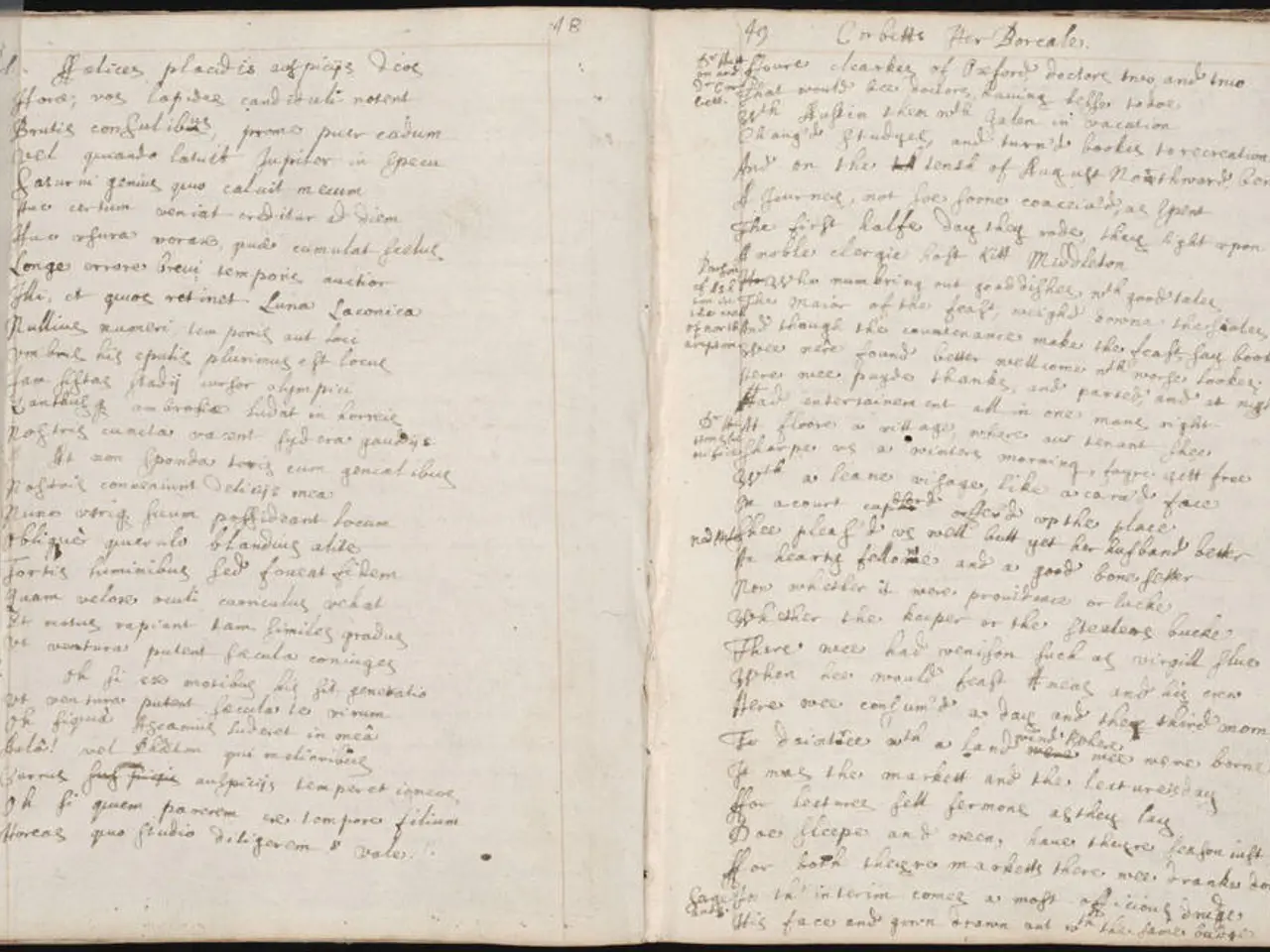Strategies and Advice for Crafting IB TOK Inquiry Question Examples
In the realm of education, the International Baccalaureate (IB) Theory of Knowledge (TOK) course stands out for its emphasis on critical thinking and exploration of knowledge. A key aspect of this course is the creation of open-ended knowledge questions that challenge students to delve deeper into the process of knowledge creation.
These questions are designed to be debatable, avoiding yes/no or simple factual queries. Instead, they use verbs like "to what extent," "how," "why," "in what ways," or "discuss" to encourage exploration and argumentation.
One of the primary focuses of these questions is the methods of knowledge acquisition, validation, sharing, or construction, linking clearly to methods relevant within specific Areas of Knowledge (AOKs). For instance, a question might explore the extent to which replication is necessary for the production of knowledge in the Human Sciences and the Arts, or how language and emotion influence the ways knowledge is created and shared in different AOKs.
Explicit references to one or more AOKs and Ways of Knowing (WOKs) are integral to these questions. A question might, for example, examine the ways we rely on shared consensus versus individual reason in justifying knowledge claims in Ethics and Natural Sciences, or how evidence functions differently in the construction of knowledge in History compared to the Natural Sciences.
Good TOK questions also invite consideration of different viewpoints, uncertainties, biases, or ethical dimensions related to knowledge. They require students to analyze the nature and reliability of different WOKs in acquiring knowledge, compare and contrast how knowledge is produced and validated in different AOKs, consider the implications, limitations, or ethical consequences of knowledge methods, and reflect on their own assumptions and possible biases influencing knowledge claims.
In the classroom, instructors can foster such inquiry by promoting student-led discussions, interdisciplinary connections, and examination of real-world examples or case studies that reveal how knowledge is generated and challenged. This approach nurtures TOK learners' ability to critically evaluate knowledge itself rather than merely accumulating facts.
By working with claims and counterclaims, students improve their ability to analyze ideas and understand the world better. The process of crafting open-ended TOK knowledge questions that focus on methods of knowledge creation involves explicitly referencing AOKs and WOKs, inviting nuanced exploration, and encouraging examination of different perspectives and knowledge processes.
In the process of crafting open-ended TOK questions, study notes and question banks can be utilized to encapsulate various methods of knowledge acquisition, validation, and construction, aligning with the subject matters encompassed within specific AOKs and WOKs. For practice, students can engage in debates and discussions using question prompts that challenge them to analyze the reliability of different Ways of Knowing or compare and contrast how knowledge is produced and validated in different Areas of Knowledge, thereby promoting their learning in the field of education-and-self-development.




